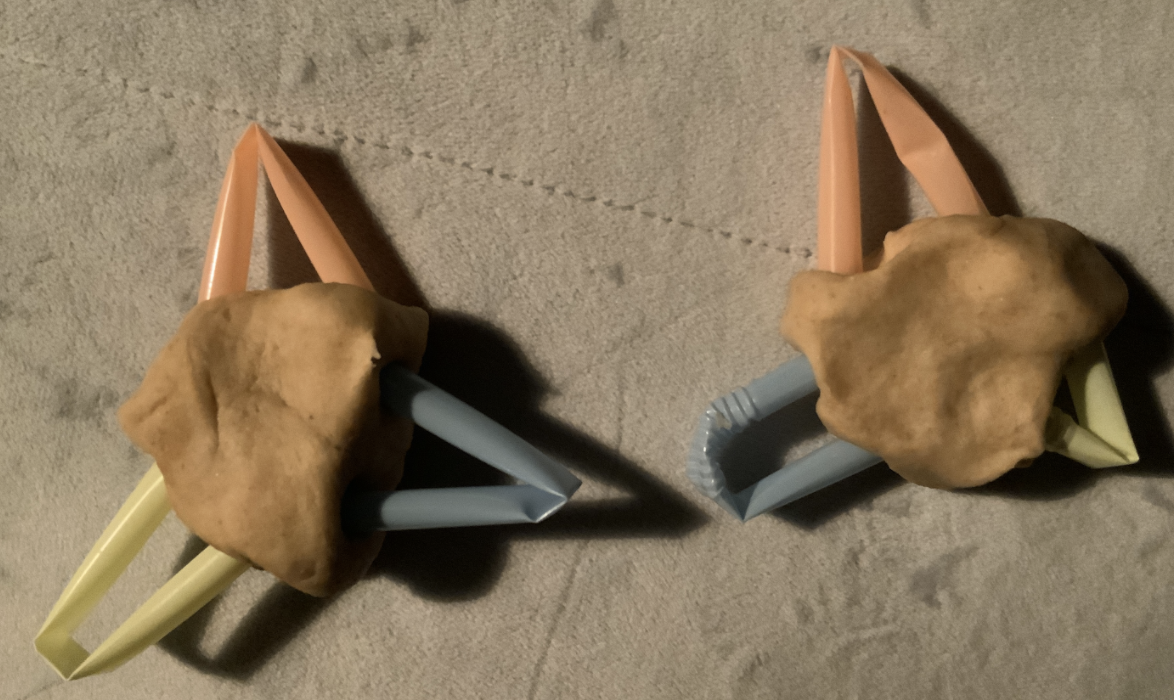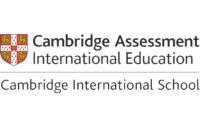It has been a busy first few weeks for Year 13s after the winter holidays. With mock examinations happening from the start of week 2, students spent much of their holidays studying. Unfortunately, as with so many places around the world, many of our students or their families were impacted by the Omicron variant of COVID-19. This meant that some students could not attend their mock examinations. Two years on, the whole world is still seeing impacts and repercussions from COVID-19. As we continue to monitor both the case numbers and follow Government guidelines, Year 13s have had to continue some study online. Thankfully, as this is now ‘old hat’ for so many, along with the adaptability and resilience of so many of our Year 13 students, this transition has been almost seamless.
The UCAS deadline has now passed and all students who have applied to UK universities have now submitted their applications. A wide array of both courses and universities have been applied to, from the south of England to the north of Scotland, from studying Medicine and Sports’ Science to Media studies and Marketing and Advertising. A number of students have also applied to US colleges and universities and also Dutch universities. As COVID appears to be the virus that keeps on giving, we wish all of our Year 13 students the best of luck as they continue online learning for their subjects and working towards their summer exams.
Psychology
After the mocks for Year 13 students, all of the psychology team are online studying psychology and abnormality. This week, they have been looking at the mental disorder of schizophrenia and psychosis (which isn’t the same as multiple personality disorder!), including its symptoms, causes and treatment. Schizophrenia is a condition that tends to have its onset in people’s mid-20s and can have a devastating impact on its sufferers and those around them, as patients begin to lose contact with reality and may suffer from hallucinations (e.g. hearing voices) and delusions (such as paranoia or more grandiose delusions such as believing one is a historical figure).

In Geography, the Year 13s have been busy learning about economic transition and the role of deindustrialisation, which is the decrease in the manufacturing industry, in MEDCs, and the globalisation of economic activity through the industrialisation of NICs and LEDCs. The role of Foreign Direct Investment (FDI) by Transnational Corporations (TNCs) has also been considered, and the many positive and negative impacts that FDI can bring to a country. Nepal received some good news recently in that it is no longer classified as a Low Income Country (LIC), but has been upgraded to a low Middle Income Country (MIC).
In Physical Geography, students have been learning a whole new vocabulary looking at tropical landforms. While cockpit and tower karst landscapes have been compared and contrasted (think SW Thailand and Guilin in China), students have also been learning about pediplanation and tropical soils such as latosols and laterites. They have also been busy working on their essay skills for the examinations in May.


Once students reach Year 13 and begin to prepare for university, we encourage them to take on more responsibility for their learning. In each English lesson, while studying Emily Dickinson’s poetry, one student introduces the poem, key themes and poetic techniques to their classmates, in a more seminar-like style lesson. Below are some examples from their recent presentations. Click on Amodini’s for an audio visual presentation.


The Year 13 chemists got creative when asked to make models showing how transition metal complexes can display different forms of stereoisomerism! Here are Mariya’s and Adya’s models.






We look forward to having Year 13s back on campus as from Monday. Until then, enjoy your weekend.


















